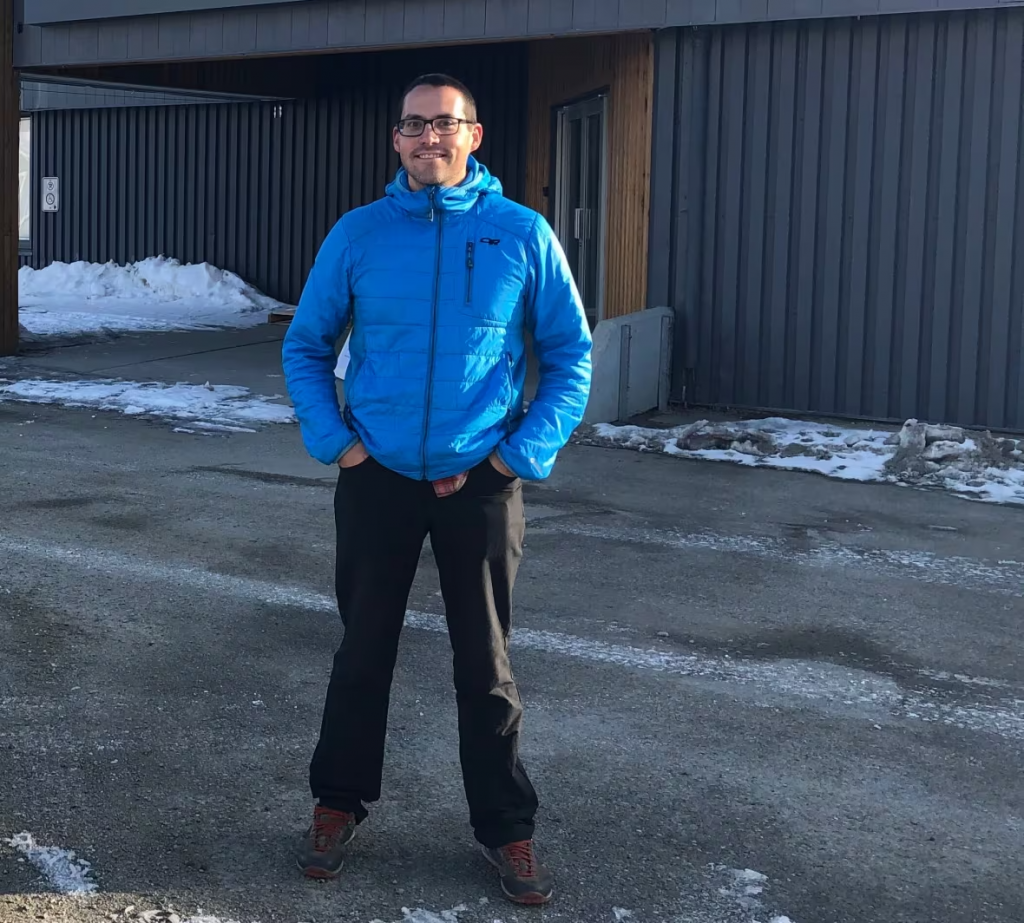Whitehorse hospital slashing operating room appointments for three weeks

· CBC News
Whitehorse hospital will be shutting at least one, or possibly two, of its three operating rooms next month.
It’s planning to reduce its services from December 18 until January 5.
The slowdown happens each year – but this time it is about a week longer, to the frustration of doctors. It means surgeries and diagnostic appointments, like cancer screenings, are being re-scheduled, adding to existing lengthy wait lists.
Yukon Hospital Corporation communication manager Jessica Apolloni said the extension is because they’re short staffed and their resources are being strained.
“We do have to take urgent steps to control escalating costs and work with existing resources so that we can ensure that our services, like surgeries, can remain sustainable,” she said.
Apolloni said the hospital hoped it would only have to close one operating room — but it could be two. That was yet to be confirmed based on staff availability, she said.
“We are going to continue monitoring the situation, adjusting our staff levels as they allow,” she said.
Patient worries she’ll die before needed appointment
Whitehorse resident Cheryl Cook has been waiting since February for a colonoscopy, and it’s currently pencilled in for March. She fears the operating room closures will mean more delays.
Cook has been suffering debilitating stomach pains. The pain became so bad she had to visit the emergency department earlier this month.
Cook said her family doctor has been trying to expedite the colonoscopy appointment with no luck.
She said he told her to write her MLA with her concerns, and told her it could be a year before she gets the procedure done.
Cook is worried she could have colon cancer.
“I mean I could be dead by the time I get a a colonoscopy. How many other people in the Yukon have passed away? How many people in the Yukon have lost a loved one because they couldn’t get into the doctors?” she said.
“What is happening with our healthcare system? I don’t get it. This is uncalled for. And are they going to spend more money just to ship [patients] out to Vancouver or Alberta when we have a huge hospital here and they’re just closing everything down, but yet they have money to build the mental ward?”
Healthcare professionals ‘demoralized and frustrated’
Dr. Alex Kmet, president of the Yukon Medical Association, said he feared the reduction in services would continue beyond January 5.
He said in order to run at full capacity, the operating room needed about 12.75 full time equivalent positions.
Kmet understood the territory only had about 8 full-time equivalent positions filled.
“The surgical services area has been operating w
ith the use of travel nurses to fill that gap. There are no travel nurses scheduled during that December slowdown and I’m being told that there are no travel nurses scheduled into January,” he said.
“I’m very worried that beyond January 5, unless in the meantime we fill all of our permanent positions, that we’re still going to struggle to return to the capacity that we’re running at today.”
Kmet said work was underway to reschedule patients booked into services on the week of December 18.
“My understanding is that originally that week there were 25 separate operating rooms booked … now that week there’s scheduled to be 14, unless something changes between now and then.
“That’s a big reduction,” he said.

Kmet said the reduction includes endoscopy services, including screening and diagnostic tests for cancers. It also includes general surgery, orthopedics and gynecology services.
“So it’s kind of across the board,” he said.
Kmet said the Yukon Medical Association wasn’t consulted on the changes, and doctors weren’t happy.
“I’ve never seen my colleagues so demoralized and frustrated. This is a really hard time for a group of people who just really want to be able to do their work,” he said.
“To see them look sad, to see them express frustration, to see them talk about looking for opportunities elsewhere…. I’m just really worried for my surgical services physician community because they can’t just watch people suffer.”
Kmet said when there is a reduction in services, doctors are the ones who witness the suffering.
“Patients usually don’t know where to go to express their frustration that their suffering is not being addressed. So often that frustration gets expressed in the doctor’s office or to the doctor’s frontline office staff,” he said.
“It’s a hard thing for us to watch. We didn’t come into this profession to sit by idly and tell people platitudes while they suffer. We got into this profession to make meaningful differences in people’s lives. To be stripped of the opportunity to make those differences — when we can see the ability to intervene, and the outcome that that would make — that’s just a really hard thing to bear. It’s very demoralizing.”
Related stories from around the North:
Canada: Mental health support still lacking in Faro, Yukon, says mayor, CBC News
Greenland: Greenland to reduce services amidst staffing shortages in health care system, Eye on the Arctic
Finland : Finland’s elder care needs funding boost to meet Nordic standards: researcher, Yle News



